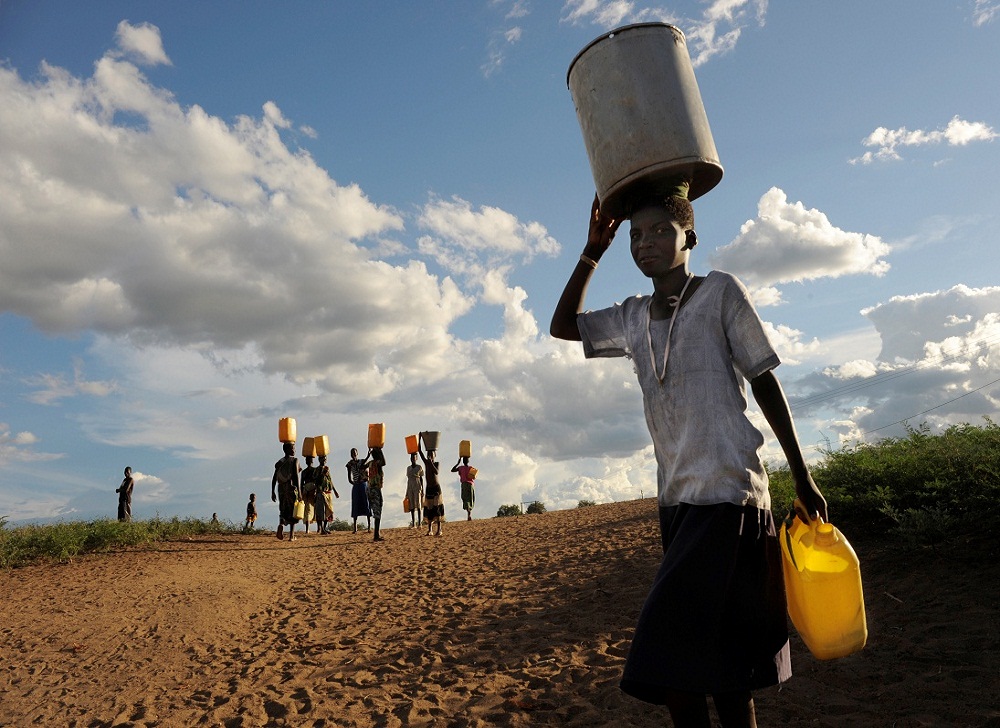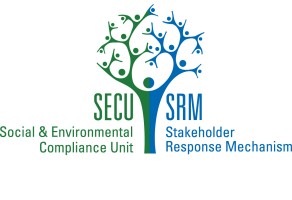Social and Environmental Compliance Review and Stakeholder Response Mechanism
 Photo: UNDP.
Photo: UNDP.
Overview
In June 2014 UNDP adopted mandatory Social and Environmental Standards (SES) for all of UNDP’s projects and programmes effective 1 January 2015. The objectives of the Standards are to:
- Strengthen the social and environmental outcomes of UNDP projects;
- Avoid adverse impacts to people and the environment affected by projects;
- Minimize, mitigate, and manage adverse impacts where avoidance is not possible;
- Strengthen UNDP and partner capacities for managing social and environmental risks; and
- Ensure full and effective stakeholder engagement, including through a mechanism to respond to complaints from project-affected people.
The Standards will be underpinned by an Accountability Mechanism with two key components:
1) A Compliance Review to respond to claims that UNDP is not in compliance with applicable environmental and social policies; and
2) A Stakeholder Response Mechanism (SRM) that ensures individuals, peoples, and communities affected by projects have access to appropriate grievance resolution procedures for hearing and addressing project-related complaints and disputes.
The Social and Environmental Compliance Unit (SECU) investigates alleged non-compliance with UNDP’s Social and Environmental Standards and Screening Procedures from project-affected stakeholders and recommends measures to address findings of non-compliance.
The Stakeholder Response Mechanism helps project-affected stakeholders, UNDP’s partners (governments, NGOs, businesses) and others jointly address grievances or disputes related to the social and/or environmental impacts of UNDP-supported projects.
Affected people have a choice: They can ask SECU to pursue a compliance review examining UNDP’s compliance with UNDP social and environmental commitments, they can attempt to resolve complaints and disputes through the Stakeholder Response Mechanism or they can ask both for compliance review and for an effort to resolve their concerns.
How to File a Request
Please submit all SECU and SRM Requests via the online webform here.
You may also submit requests via our telephone hotline, email, or the post. For more information on these options, please see below.
![]()
![]()
![]()
![]()
Submitting a Request by Web Form (in English, French, or Spanish)
Please submit all SECU and SRM Requests via the online webform here.
Submitting a Request by Calling (with live interpretation in any language)
Call (costs are incurred by caller) using 001-844-595-5206. Skype is an affordable way to place such a call.
You may also call toll-free from your country using two-stage dialing. See the list of access codes on AT&T’s website. First, dial the Access Code. Wait for the automated message. Then dial (844) 595-5206.
Submitting a Request by Post (in any language)
You may also mail any request or communication to:
Attn: SECU/SRM, OAI, UNDP
1 U.N. Plaza, 4th Floor
New York, NY USA 10017
Submitting a Request by Email (in any language)
Alternatively, you may submit a SECU and SRM request or communication to: project.concerns@undp.org
If you choose to email or mail your complaint, please note that there are no strict format or language requirements. It is helpful if the complaint includes the following information:
- Name, address, telephone number, and other contact information.
- Whether the Complainant(s) wish to keep their identity confidential, and if so, why.
- Name, location, and nature of the UNDP project or programme (if known).
- How the Complainants believe they have been, or are likely to be, adversely affected by the UNDP-supported project or programme.
- If a third party, such as a civil society organization, is filing a complaint on behalf of an affected individual or community, the complaint should include evidence the third party is working on behalf of the individual or community.
- Although helpful, it is not necessary to cite to specific UNDP standards or policies (such as the UNDP's Social and Environmental Standards).
For assistance in submitting a request via email or mail, please download this guidance form.
